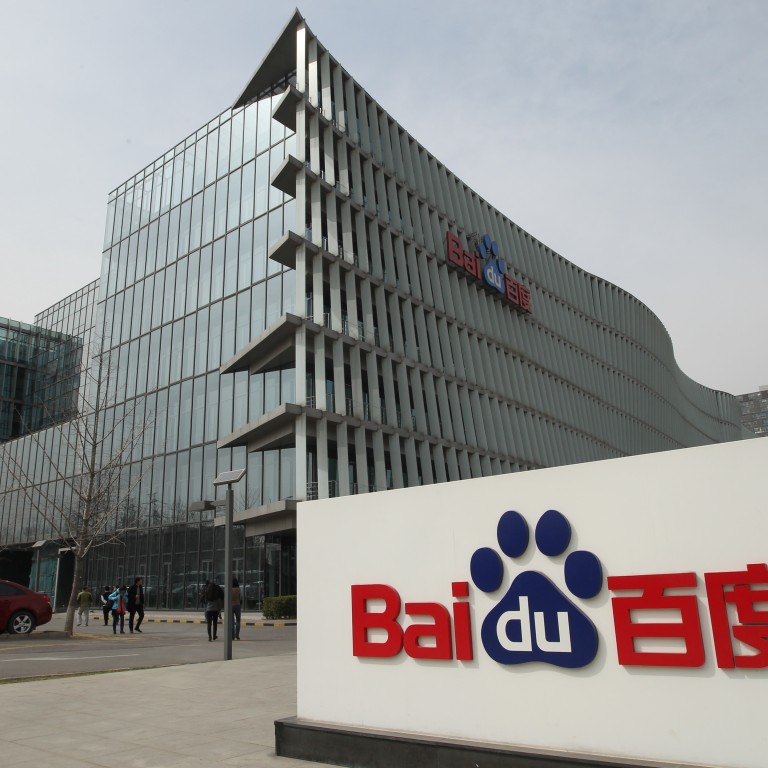
Baidu fires scientist responsible for breaching rules in high-profile supercomputer AI test
Chinese search giant Baidu has sacked the lead scientist of a research team that was disqualified for breaking the rules in an international competition testing artificial intelligence, the company said on its blog late this week.
The team was left po-faced after the organisers of the ImageNet Large Scale Visual Recognition Challenge kicked it out of the race last month.
In its statement published on Thursday, Baidu said it had axed an unnamed member of the team as it had “zero tolerance for such behaviour”.
“We found that a team leader had directed junior engineers to submit more than two submissions per week, a breach of the current ImageNet rules,” it said.
Although the company did not reveal the person’s name, it told the South China Morning Post earlier that the leader of the five-member Heterogeneous Computing Team was Dr Ren Wu, a computer scientist based in California.
Wu had earlier come forward to apologise for the “mistake” his group made, in what ranks as one of the world’s biggest annual AI competitions.
Baidu did not immediately respond to inquiries from the Post as to whether Wu was the person who had been fired.
The ImageNet Large Scale Visual Recognition Challenge requires a computer to classify objects in a set of 100,000 random images into 1,000 categories. It is organised each year by Stanford University, the University of North Carolina at Chapel Hill and the University of Michigan.
The organisers allow each team to access the test data base twice a week during the span of their project in order to improve the performance of their system.
But by using different accounts, the Baidu team accessed the test data pool over 200 times in six months, with more than 40 entries in less than a week at its peak, or more than 20 times the official limit.
The scandal shook the credibility and reputation of the Chinese mainland internet giant at home and abroad, and caused it to change its tune after previously boasting that its AI technology was better than Google’s and Microsoft’s.
It went on record earlier as saying that, with the backing of the Chinese government, it was building the world’s largest and most sophisticated AI platform for research and commercial applications.

